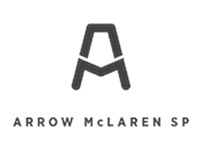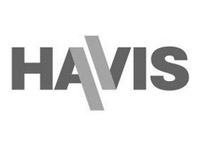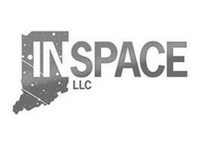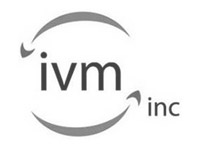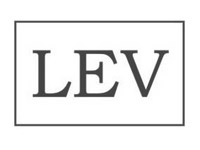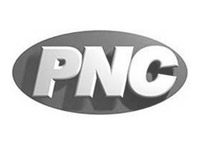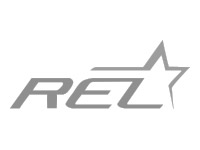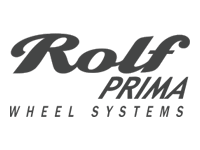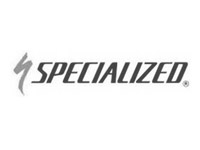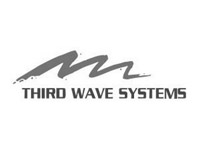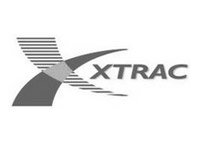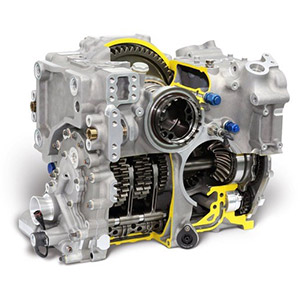State & Local Incentives
Unlock the Power of State & Local Tax Credits
Navigating the complex landscape of State & Local Tax Credits can be challenging. The process of identifying local and state incentives can be a slow process without an expert guide to help along the way. Hull & Knarr communicates directly with State & Local agencies to save time and resources, letting companies focus on their core business.


Work With Hull & Knarr
Our team of experts specializes in helping companies like yours take full advantage of available programs.
- Deep Expertise – Our team has extensive experience working with businesses across various industries to secure State & Local tax incentives.
- Comprehensive Services – From identifying eligible tax credits to managing the application process and compliance, we handle every aspect to ensure you receive the maximum benefit.
- Tailored Solutions – We understand that every business is unique. We customize our approach to align with your specific needs and goals.
- Proven Track Record – Our success stories speak for themselves. We have helped numerous businesses reduce their tax liabilities and reinvest in their growth.
Programs Available
Most states want to attract, retain, and grow businesses and high-paying job opportunities in their back yard. While the specifics vary widely from state to state, most states currently have programs to reward businesses (in the form of tax credits and grant) for activities such as:
- New job creation
- Headquarter relocation
- Capital investment
- Employee skills development and training
- Venture Capital investment
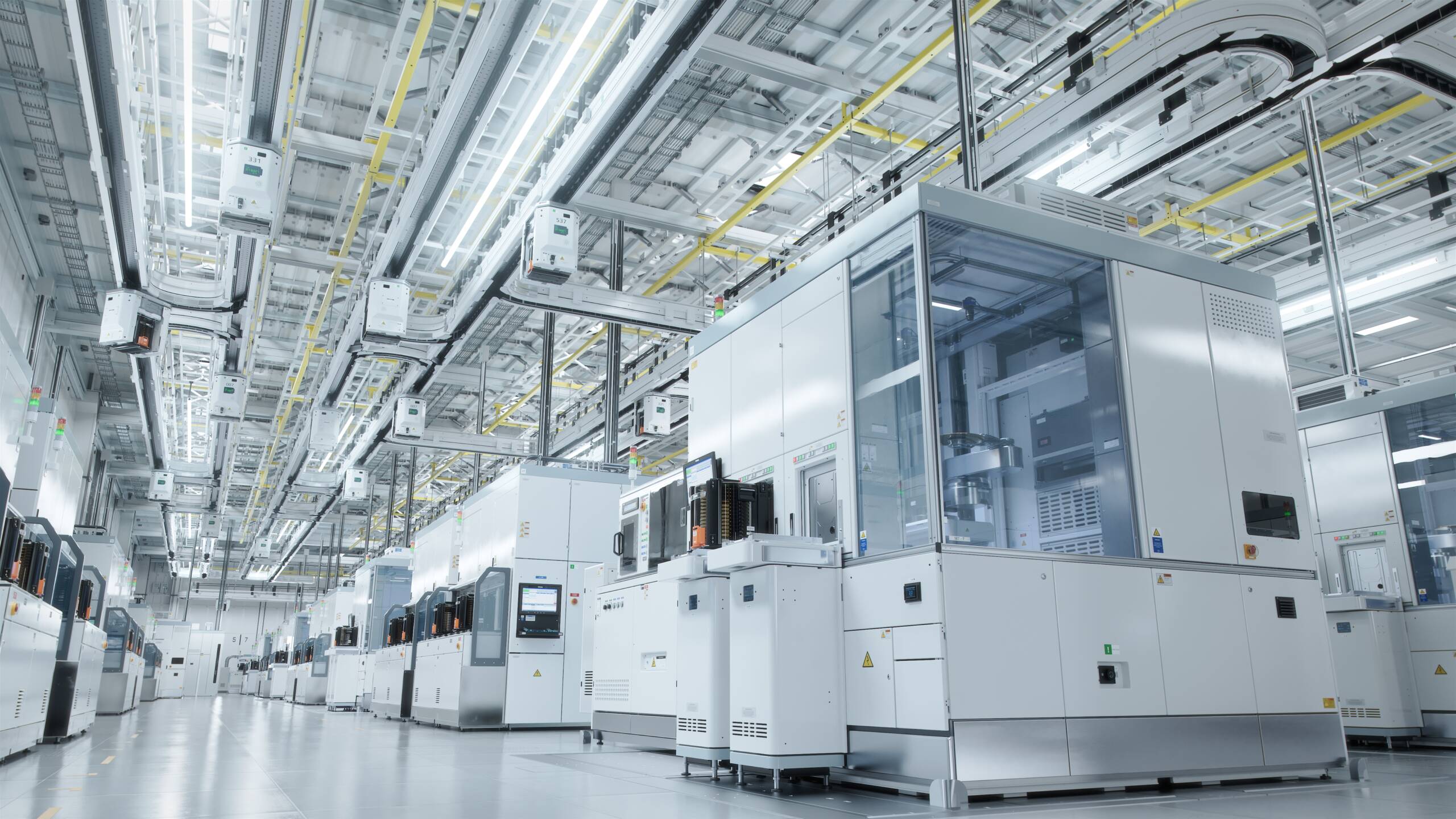
Hull & Knarr Experience
01
Consultation


We start with a detailed consultation to understand your business, goals, and current tax situation.
02
Analysis


Our experts conduct a thorough analysis to identify all applicable tax credits and incentives for which your business qualifies.
03
Application


We manage the entire application process, ensuring all necessary documentation is complete and submitted on time.
04
Compliance


We continue to support your business by ensuring ongoing compliance with incentive requirements and assisting with any follow-up actions.
State & Local Incentives Case Study
A start-up software company, incorporated in 2023, planned to develop and market an e-commerce customer retention technology to enable retailers to encourage repurchase and enable highly customized interactions. The company’s plan included locating in Marion County, Indiana, acquiring a dedicated office space with supporting assets and scaling from 4 employees in 2023 to 51 in 2026. Hull & Knarr worked with the company and the Indiana Economic Development Corporation to secure $800,000 in Tax Credits. Additionally, the company will be eligible for the Federal Research Tax Credit to be used to offset payroll tax and the Indiana Research Tax Credit.
Featured Projects

